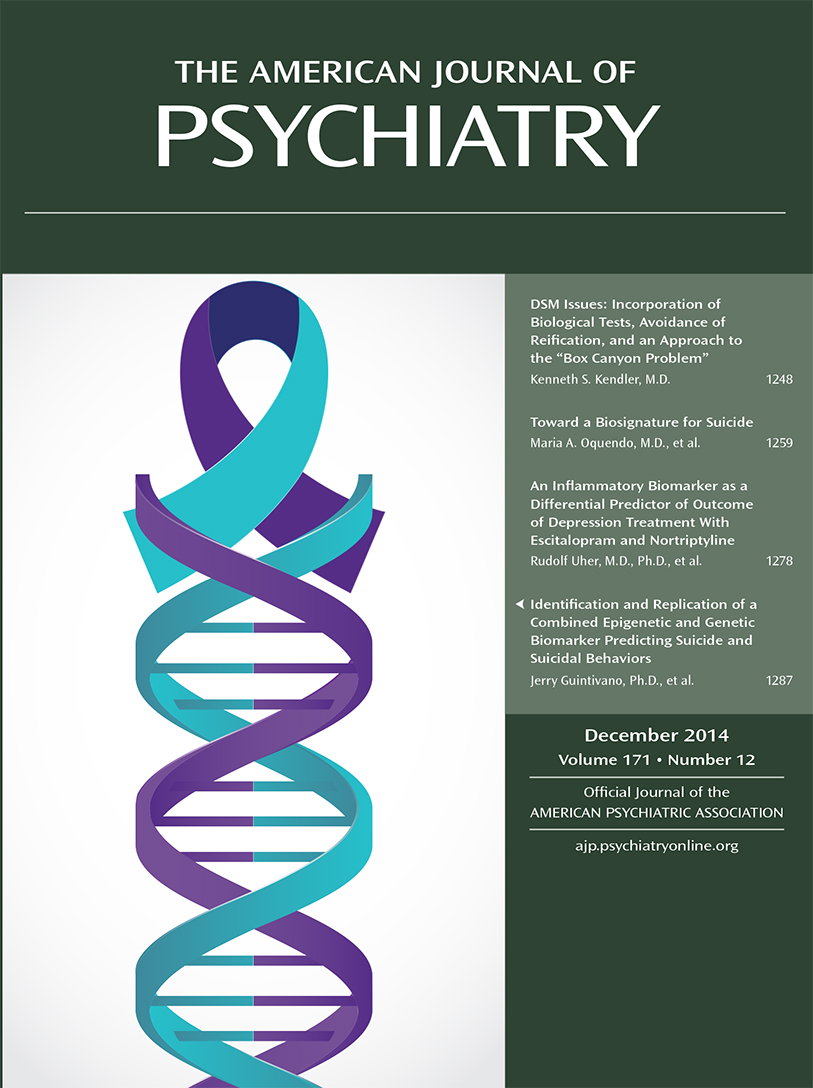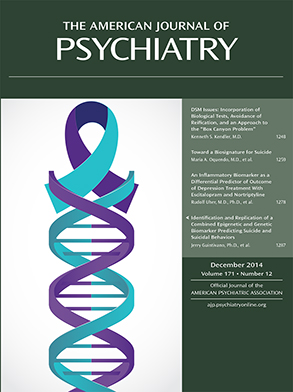The South African experience of apartheid strongly influenced the perception of racism, particularly at the end of the 20th century and even beyond. Especially in the United States, where the racial turmoil of the 1960s reflected and served as a reminder of the tragic legacy of slavery, many were transfixed by the political events in South Africa in the 1990s. The astonishing success of the Truth and Reconciliation Commission remains a testament to what could easily have been an extended period of bloodshed and brutal civil war. The international community has widely acknowledged the effectiveness of the Truth and Reconciliation Commission in highlighting the horrors of apartheid while simultaneously using the truth-telling process to promote healing in a fractured and divided nation.
In this book, the authors focus on interpretations of the work of the Apartheid Archive, which was created following dissolution of the apartheid government to collect narratives and personal stories of ordinary people. Goals of the Archive included facilitating open sharing about the experience of apartheid by both the oppressed and the oppressors and using the construct of the personal narrative to foster understanding and healing. A primary premise of this book is that the culture of apartheid had subtle, insidious effects on the population, which transcended the more global political environment and which continues to have an effect on the citizens of South Africa. Furthermore, the authors argue that reassessing the Archive through the lens of additional psychosocial and psychoanalytic approaches to the narratives will enhance our understanding of the long-term impacts of the apartheid experience.
The book is divided into four parts, each of which analyzes the concept of narrative through a different psychosocial approach. The authors have also endeavored to augment the analytic and historical value of the Archive Project by applying these unique psychosocial dimensions to the narratives. In the first section (Part I), the authors discuss the need to formulate a multidimensional approach to the psychosocial aspects of racism and apartheid and to develop an understanding of the Archive before it is viewed, as well as a context in which to understand it. Part II is composed of four chapters in which the authors emphasize how apartheid’s impact on racial identity continues to affect many aspects of everyday life in South Africa. Four of the five authors of this section are ex-patriots, and in their explanations of “whiteness and blackness,” they seek to disrupt the sense of complacency that they believe exists in the postapartheid world. They also seek to demonstrate how apartheid today remains subtly integral to everyday life by using the constructs of diaspora, racial privilege, dispossession, and the psychoanalysis of racialization to highlight their perspective. Part III, entitled “Race, Gender and Sexuality in the Archive,” consists of three chapters in which the authors present an analysis of the ways in which issues of gender and sexuality emerge in the narratives even though the narrators were not explicitly asked to address these issues. Part IV explores the political potential of personal stories and how the challenges of memory (or distortion of memory), forgetting, and “self-presentation” may influence psychosocial and analytic insights, as well as the “knowledge” these insights purport to impart. Of particular interest to psychiatrists, especially those with psychoanalytic training, are the final chapters, which describe storytelling as a decolonizing method. The authors also articulate both the benefits and limits of using a psychoanalytic approach to understanding these narratives as a technique to preserve and understand the apartheid experience.
For the nonpsychoanalyst and the nonsociologist, this book is a densely written, extremely sophisticated analysis of how examining a political and historical archive through unique psychosocial perspectives may provide additional insights into the subjective experience of apartheid and racism. At times, the authors anticipate a deeper understanding of academic approaches to psychosocial methodology than may be accessible to the average mental health practitioner. Alternatively, anyone with a more complex appreciation of academic scholarship in a psycho-social context would benefit from reading this text. Certainly, the personal foundations of racism and the apartheid experience in South Africa merit extensive continuous review and remain critically important historical accounts of a tragic episode in that nation’s history. Furthermore, U.S. historians may find this book useful as part of continuing efforts to document and evaluate slavery and racism as they define the American ethos.

